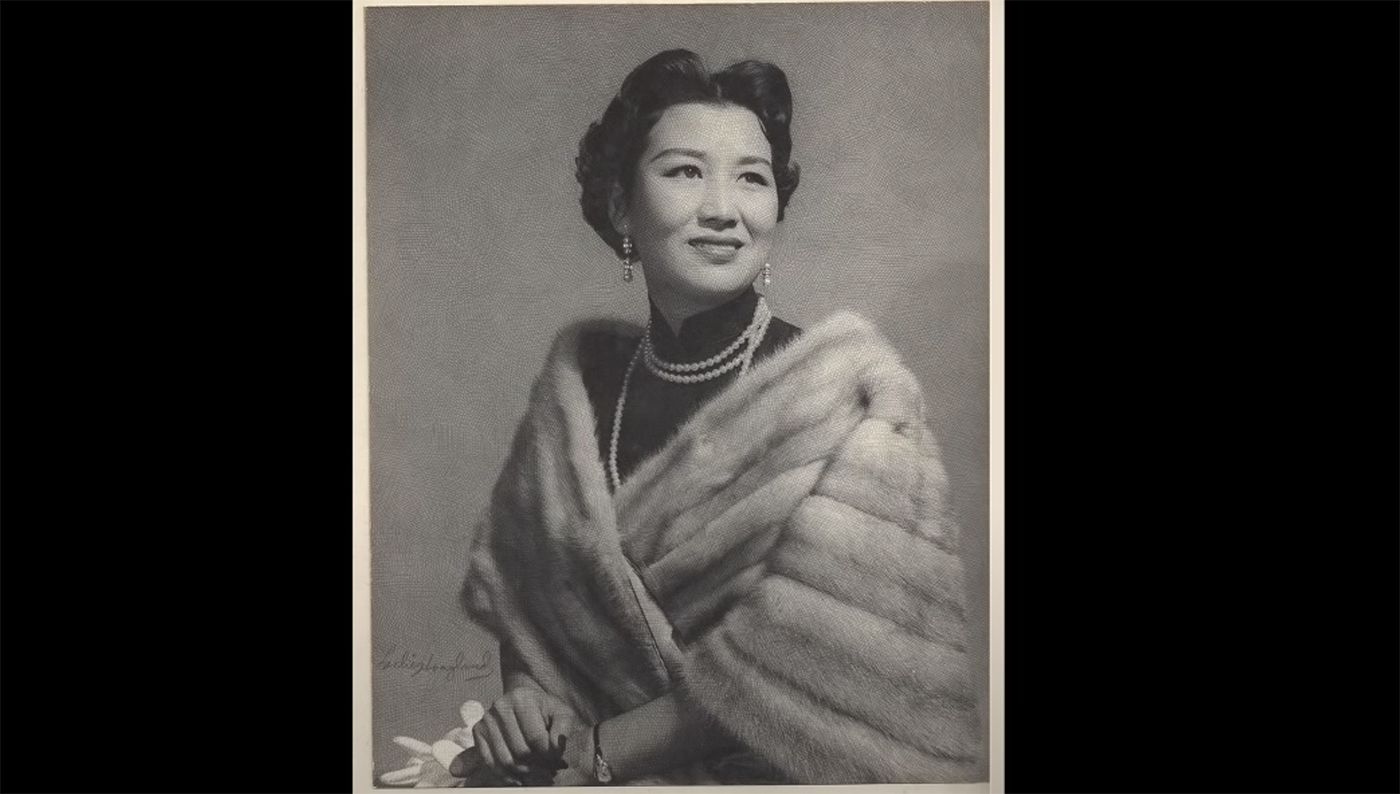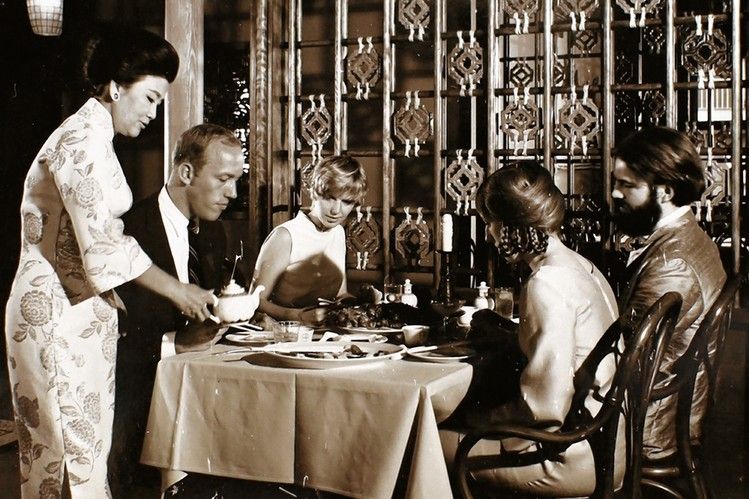She had hung on through her 90s as a cheerful bon vivant who liked a glass or Champagne at local food events, but at age 100 she is gone. Cecilia Chiang died early Wednesday of undisclosed causes, as the Chronicle has confirmed, and her legend will live on for those who know that Chinese food in America would be nothing like it is without her.
Chiang was in her 40s and already a restaurateur in her adopted country of Japan when she took a fateful trip to San Francisco in 1958. Shocked by the blandness of the food she found in SF's Chinatown, and the tacky, linoleum-floored holes-in-the-wall where it was served, she would quickly fall into an accidental business opportunity. Asked in 1960 by two friends in SF from Tokyo to invest in a restaurant on Polk Street and help them negotiate the lease because she spoke better English and had some business experience, she was soon left high and dry with a restaurant space and non-refundable deposit when these two women decided to back out of the deal. (The Chronicle put the opening in 1959, but Chiang said in a 2018 interview published in Eater that it was 1961.)
Knowing that she had the taste and knowledge to bring a new kind of Chinese food to an American audience, she hired a couple from Shandong province to work the kitchen, and she crafted a menu that recalled the food she grew up eating in Beijing.

As she said in a 2013 interview with the Wall Street Journal, "I never cooked in my whole life before I came to this country, because in the old days the girls were not supposed to go to the kitchen." Explaining her privileged upbringing in which her family had two cooks, one from northern China and one from the south, "I never cooked, but I knew exactly what the food should taste like and look like. I have a very good palate and good memory. And that became the recipes."
"[Cecilia] has this taste memory that goes back to a time that there aren't a lot of people alive who remember the food of that China," said friend, food writer and longtime editor of Gourmet magazine Ruth Reichl in the 2014 documentary Soul of a Banquet. "Cecilia is the history of China in almost the last 100 years."
Chiang, who was born Sun Yun in 1920 to a family of 12 children, escaped the Communist revolution in 1949 with her husband, relocating to Taipei where one of her sisters lived. Speaking to Eater, she described how her parents lived to the ages of 94 and 98, but that they starved in their later years, likely dying of poverty and malnutrition.
The restaurant on Polk Street became the first iteration of The Mandarin, complete with plush carpet and an upscale environment that San Franciscans associated with French restaurants, not Chinese ones. She loaded the menu with hundreds of items, not sure what would be a hit with American diners, but in the process she introduced the city to smoked tea duck, beggar's chicken, shark fin soup, and potstickers. Her goal was to show people the sophistication and complexity of the food she loved that was served by those two cooks throughout her childhood.
Marking her 99th birthday last year, the New York Times' Tejal Rao wrote, "Using a glamorous dining room as her platform, she worked to undo decades of anti-Chinese sentiment in the United States and broaden the understanding of Chinese culture. She made that work seem effortless. It wasn’t."
Hints that she had a hit on her hands came fairly quickly, when Vic Bergeron of Trader Vic's fame legendarily brought his friend, the Chronicle columnist Herb Caen, for dinner at The Mandarin. (The Chronicle says it was Bergeron, but speaking to Eater Chiang seemed to remember a Russian restaurateur who owned a famous restaurant called Maxim's in China as the guest who brought Caen along first.) Caen came back several times and loved the food, and wrote about it — leading to the restaurant's phone ringing off the hook.
"I said, 'What is Herb Caen? Who is Herb Caen?' People told me he’s the one that can make you, can break you. So Herb Caen really helped me a lot. The dinners really turned around," Chiang said.

Another funny anecdote has Chiang observing a "scruffy" group who came in multiple times, ordering Dom Perignon to go with their food and always paying in cash. That turned out to be Jefferson Airplane.
By 1968, The Mandarin outgrew the space at 2209 Polk, and relocated to swankier, bigger digs at Ghirardelli Square. Soon there would be a second Mandarin in Beverly Hills, and national attention coming to the cuisines of Sichuan and Hunan, spicy dishes that were totally unknown to most Americans at that time.
She would eventually sell The Mandarin in 1991, but her legend was already cemented — as was the restaurant's reputation, though it closed 15 years later, in 2006. Her son, Philip Chiang, was put in charge of what Chiang referred to as mini Mandarin locations or "Mandarettes," and out of that business was born the P.F. Chang's chain.
In her later years, as the Chronicle notes, she consulted on the menus at now shuttered but once well loved restaurants Betelnut and Shanghai 1930. And she published a well received memoir in 2008, The Seventh Daughter — a followup to her first book The Mandarin Way in 1974.
She could often be seen in the company of friends including Alice Waters and Michael Bauer, and local pastry chef Belinda Leong (b. patisserie, Routier) told Eater that she saw Chiang several times a week and the two often cooked together or ate out.
Recently, she was featured on the Hulu series Taste the Nation with Padma Lakshmi, talking about Chinese food in America.
"I’m just very lucky that I have a good nose, a good palate," Chiang said in that interview. "This is something either you have or you don’t. Just like a lot of wealthy people are very wealthy, but they don’t have good taste. That’s something money cannot buy."
Top photo by Frazer Harrison/Getty Images for Food Network SoBe Wine & Food Festival (2014)

